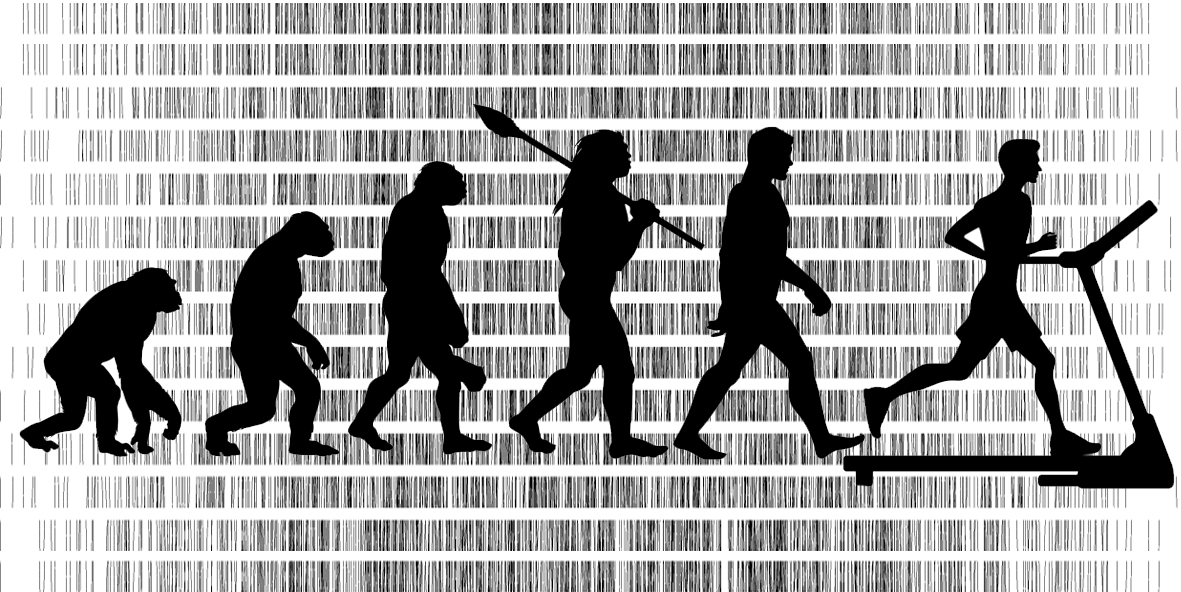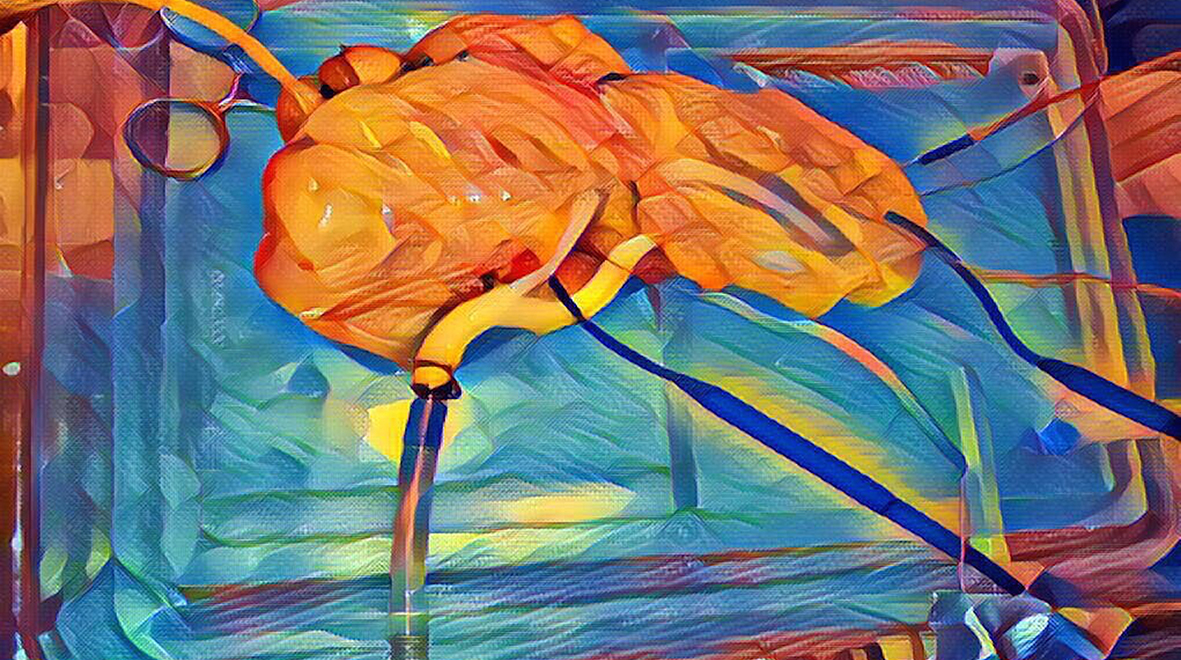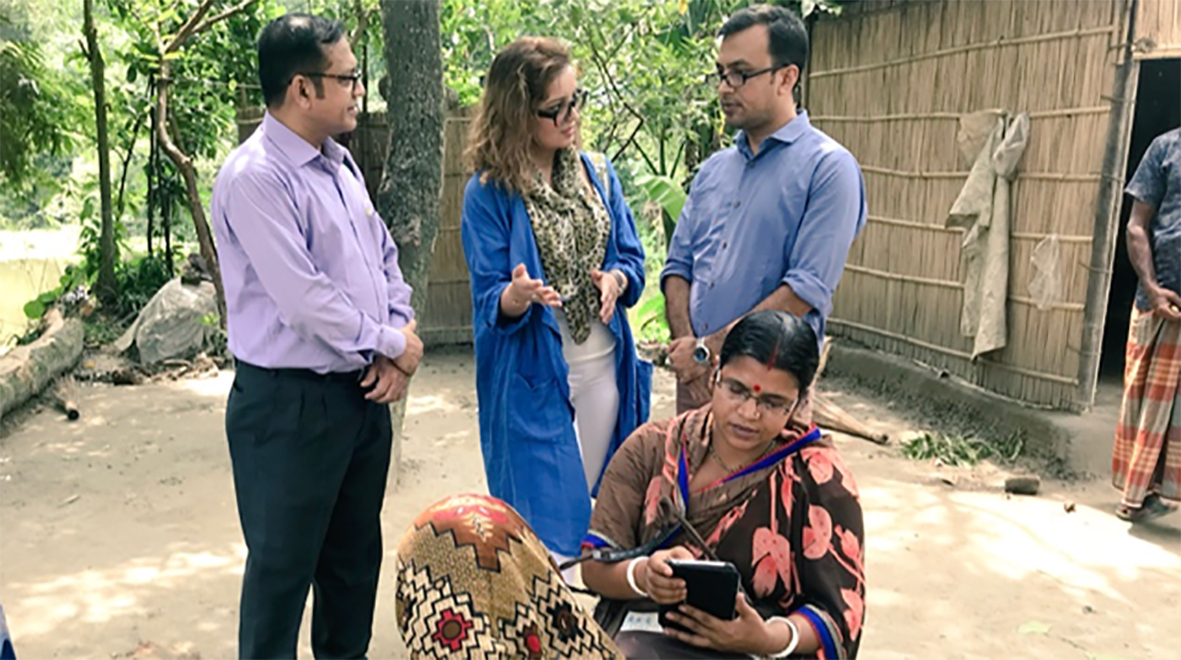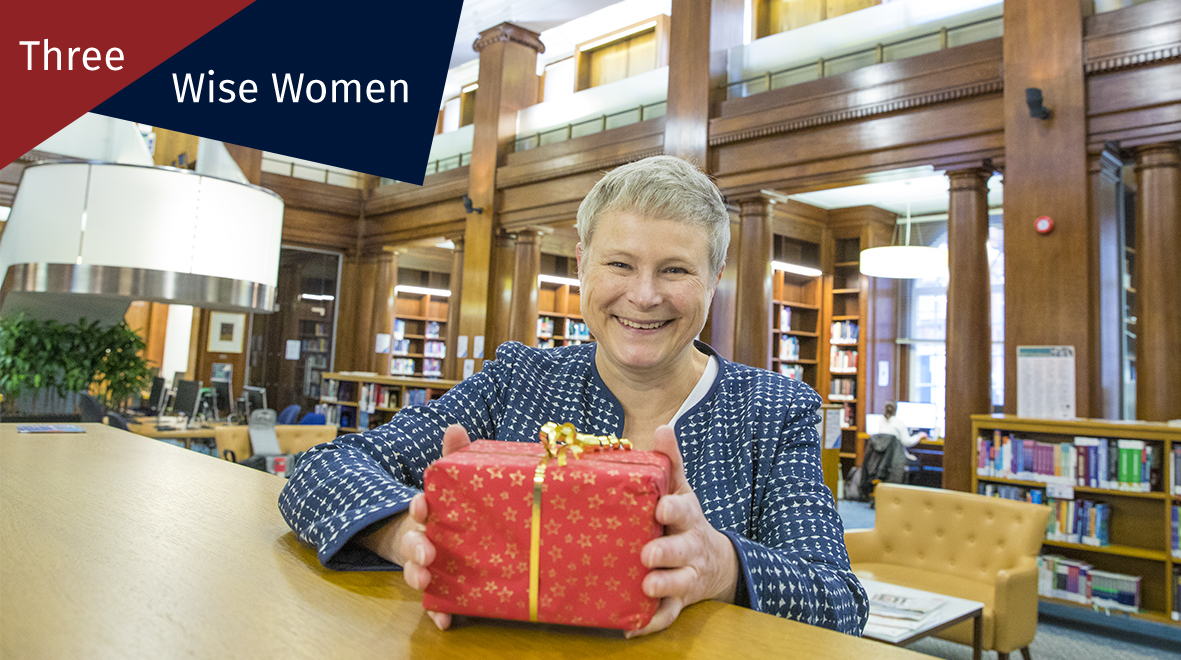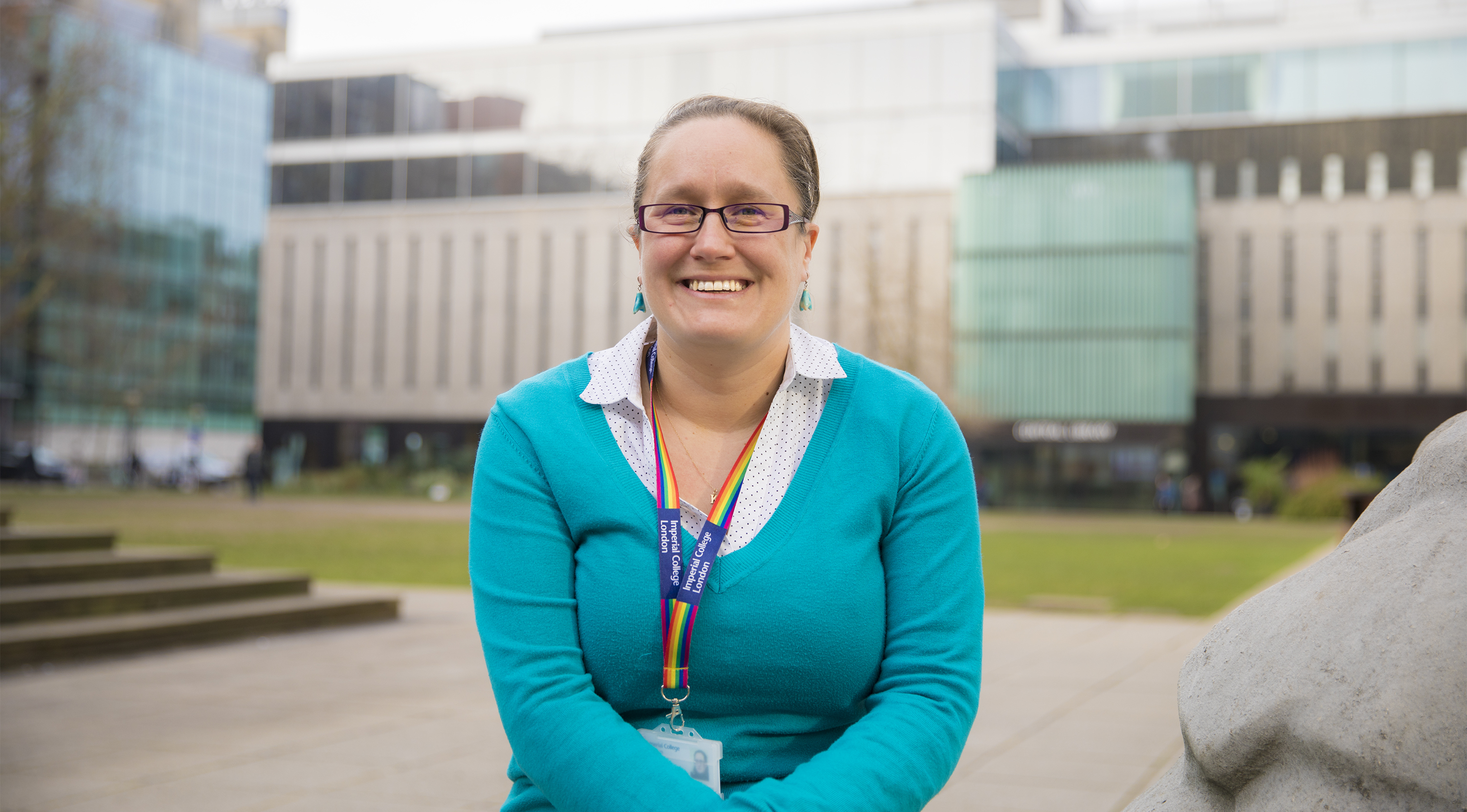
Katie Stripe gives a personal account of why she wears the rainbow lanyard to make herself visible to others who may need to see gay people doing normal things.
I could start by telling you what I identify as, but I don’t think that is important. The defining features of my character are more about what I am like as a person; sarcastic, grumpy, caring, funny, and what I do; I like to lift heavy weights, play hockey, take photographs, go on holiday and I did my first triathlon at 35 and now I am hooked (or mad). I am also a learning technologist and a learning designer, I build stuff online and develop learning materials and environments for students at Imperial’s National Heart and Lung Institute (NHLI). Having said all that I am writing this because as a gay member of the Imperial community I think it is important that I am visible to people who may need to see gay people doing normal things. (more…)


